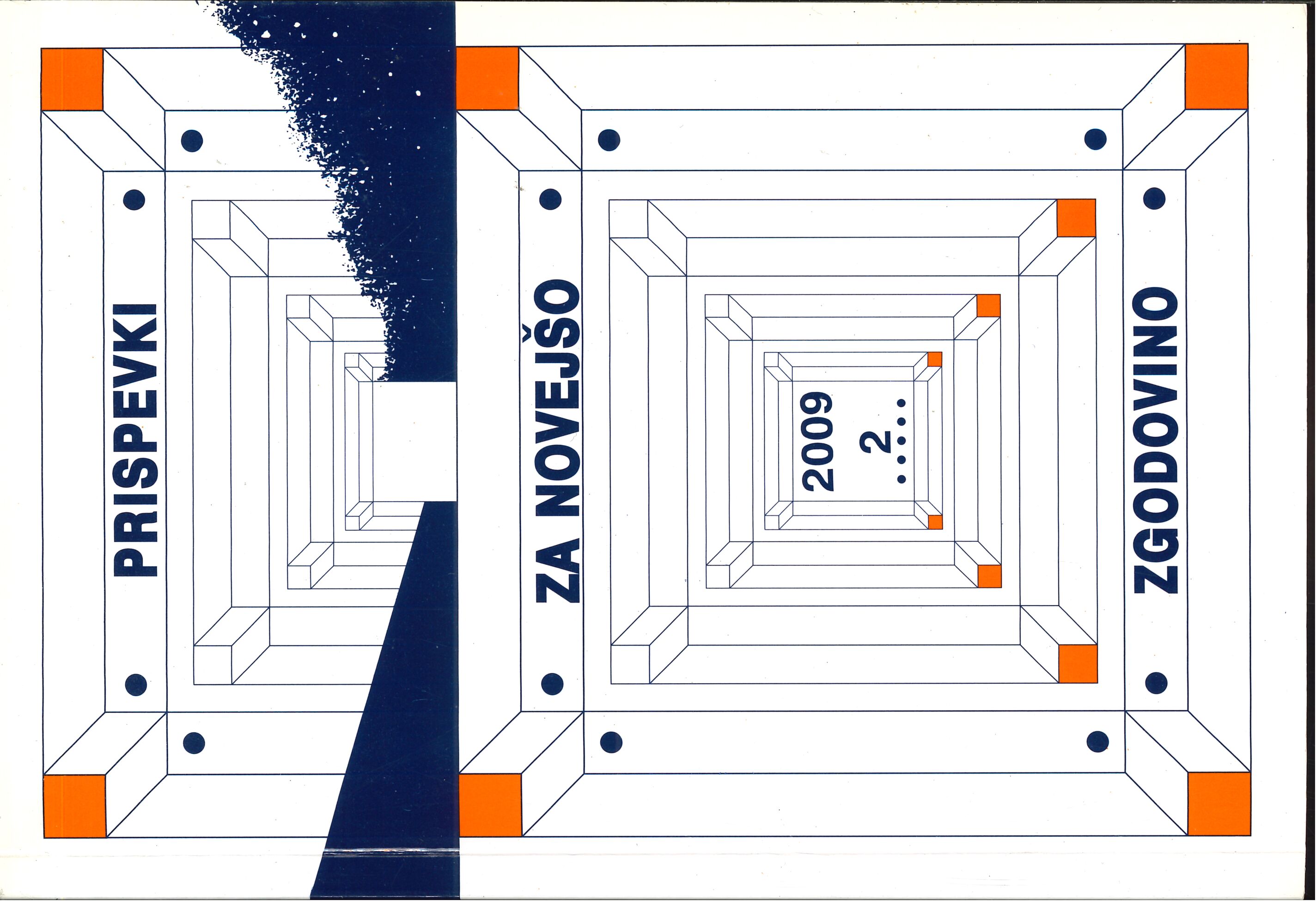Consumption in ihe Time ofthe Great Depression in Light of Slovene Contemporary Press
Keywords:
consumption, Great Depression, Europe, world, Drava BanateAbstract
In the following article the author will demonstrate the state of consumption in Europe, the world and in Yugoslavia or the Drava Banate in the time of the Great Depression, on the basis of reports published in expert and major daily press and by means of what were at the time immediate indicators of consumption - especially volume of trade and production as well as trade in representative goods at global markets - and partly on the basis of few consumption reports. Continuous recession was characteristic of consumption in this period. In the - Europe, struggling with shortage and crisis of consumption and the agrarian sector ever since the end of World War I, thus even since before the onset of the Great Depression - the phenomenon of the Great Depression even worsened what had already been a difficult economic position. In 1932 partial tendencies of economic activity revitalisation due to the balancing of the disproportion between supply and demand for certain kinds of goods became evident, while the year 1933 represented the turning point. At that time the level of trade and. consequently, consumption reached the lowest point globally, therefore the trends reversed and pointed upwards. The turning point in Yugoslavia occurred later, in 1934, when the bottom of the crisis was reached.
Downloads
Published
Issue
Section
License
Authors who publish with this journal agree to the following terms:
- Authors retain copyright and grant the journal right of first publication with the work simultaneously licensed under a Creative Commons Attribution License that allows others to share the work with an acknowledgement of the work's authorship and initial publication in this journal.
- Authors are able to enter into separate, additional contractual arrangements for the non-exclusive distribution of the journal's published version of the work (e.g., post it to an institutional repository or publish it in a book), with an acknowledgement of its initial publication in this journal.
- Authors are permitted and encouraged to post their work online (e.g., in institutional repositories or on their website) prior to and during the submission process, as it can lead to productive exchanges, as well as earlier and greater citation of published work (See The Effect of Open Access).


